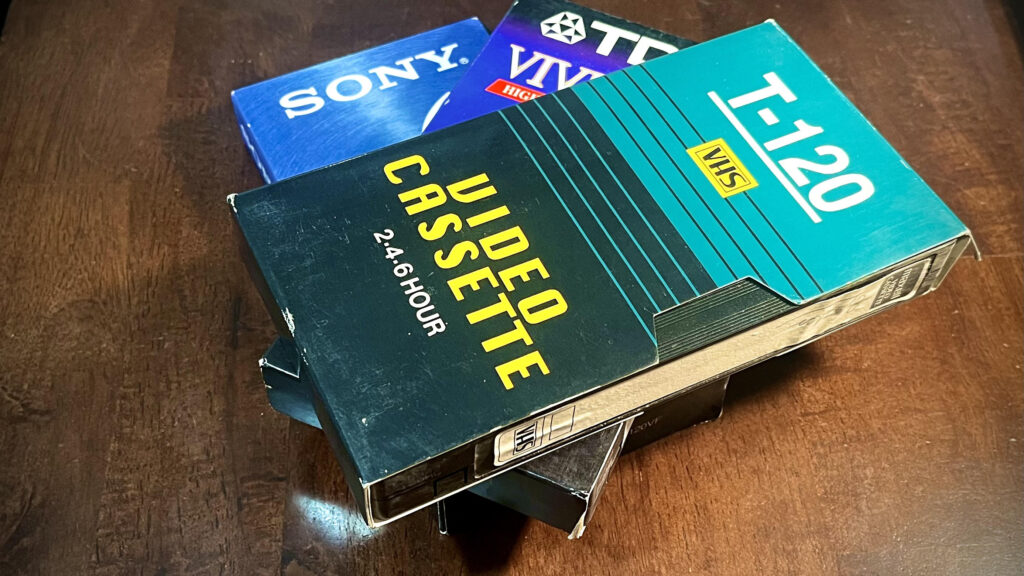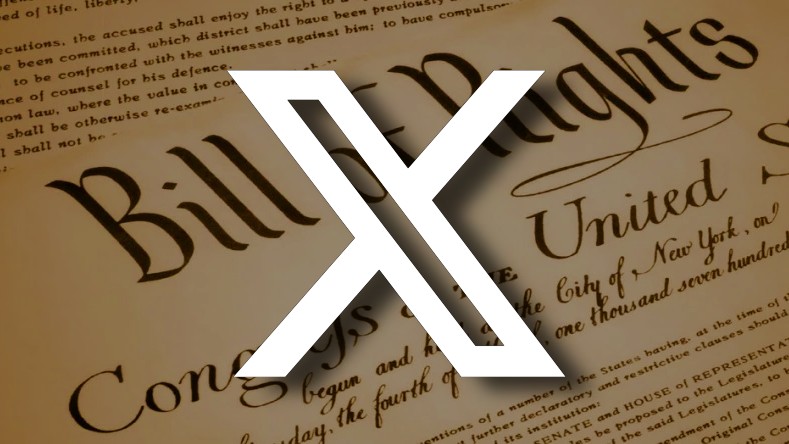
A Massachusetts couple who ran an independent news blog sued eBay for allegedly orchestrating a targeted harassment campaign against them. Plaintiffs owned and operated EcommerceBytes, a trade publication that covered e-commerce, often with critical insights into companies such as eBay. According to plaintiffs, eBay’s executives became increasingly concerned about this coverage and decided to respond in a way that went far beyond normal corporate PR strategies. Instead of addressing the criticism directly, eBay’s former executives allegedly launched a campaign to frighten and silence plaintiffs through harassment, surveillance, and various disturbing tactics. Plaintiffs accused eBay and several of its former employees of planning and executing actions that included sending grotesque packages, stalking plaintiffs in their hometown and even posting false online ads to publicly humiliate them.
Both parties took steps to try to control which state’s law would apply to the issue of punitive damages in the case. Plaintiffs asked the court to apply California law for punitive damages, arguing that much of the alleged harassment campaign had been coordinated from eBay’s headquarters in California. California law allows punitive damages for cases involving malice or oppressive behavior, which could lead to significant financial consequences for the defendant if plaintiffs were successful. In contrast, eBay filed its own motion asking the court to apply Massachusetts law, which generally does not permit punitive damages without specific statutory authorization. eBay argued that Massachusetts law should govern the case since many of the alleged harassment activities—such as physical surveillance and vandalism—occurred in Massachusetts, where plaintiffs lived.
The court ultimately allowed both parties’ motions in part, ruling that some of the claims would be governed by Massachusetts law and others by California law. For certain claims, such as trespass and false imprisonment, the court decided Massachusetts law would apply to punitive damages because those incidents occurred within Massachusetts. But the court ruled that California law would govern claims the claims for intentional infliction of emotional distress and civil conspiracy, since the alleged harassment campaign had been largely planned and coordinated from eBay’s headquarters in California.
Why this case matters:
- Corporate Accountability: It shows how far-reaching corporate misconduct can be when unchecked and highlights the need for mechanisms that hold companies responsible for actions against individuals.
- Limits of Corporate Power: The alleged conduct underscores the lengths some companies may go to when responding to criticism, raising questions about corporate influence and ethical boundaries.
- Guidance for Cross-State Cases: The court’s decision to apply different state laws to various claims sets an example for how courts might handle complex cases that cross state lines and involve conflicting laws.
Steiner v. eBay, Inc., — F.Supp.3d — 2024 WL 4647877 (D. Mass., November 1, 2024)








